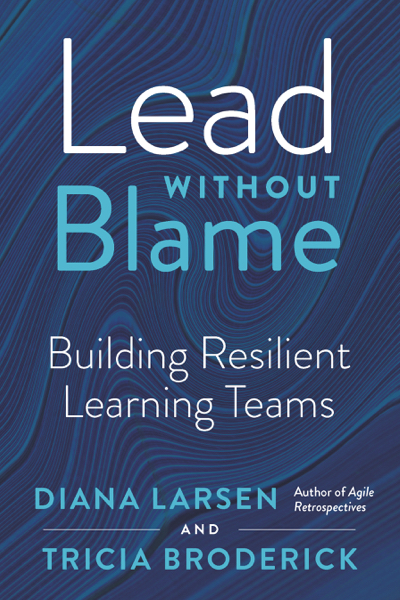Ok, this round of pet peeves is centered on team charters.
- Working Agreements: Team Charters are fully determined by the team on how the team wants to work together. Working Agreements are leveraged to set expectations of what requires agreement to complete a training, etc. In my courses, I have a working agreement to clearly explain what I expect during the course (no electronics, on time, parking lot, etc). I ask for agreement to what is listed (or what needs to be changed for agreement). Team Charters are not a way for management to set working expectations for the team, they are determined and owned by the team solely.
- Playground rules: Be nice. Be respectful. Be a good listener. Yep, all great except for that’s what I expect of you since you are past kindergarten. This makes team charters a joke.
- No action: Maybe your team really does need “be nice”. Ok, then what is more valuable is identifying what team members should do to address situations when someone is not nice. If this becomes a passive aggressive water cooler gossip joke (we put be nice for John but he is still an a**).
- Done once: Be careful to not fall into the “check, we’re done” mindset when it comes to team charters. The team will be changing and growing (forming, storming, norming, performing)…those states mean different challenges and needs that should be in a team charter.
- No self-accountability: The best team charters (effective) have an aspect where people can hold themselves visibly accountable to the other team members. If you are late, you sing a little song. If you forget to get a code review, you do push-ups. It’s not about the activity; it’s about continuously demonstrating to the team that each person wants to be an amazing team by working on the team charter agreements.
- Too challenging: This might seem odd but I firmly believe that a team’s first team charter shouldn’t have extremely subjective topics such as “quality code”. Even if you include what people will do what they deem something not quality – there is not enough trust and relationships built into the team yet to be effective. This can really backfire.
As much as these are pet peeves, they are mine and as a leader that doesn’t mean I get to simply judge others. Instead, these serve as opportunities for others and for me to grow. If this stuff was easy, I wouldn’t be sharing.
What are your team charter pet peeves?




